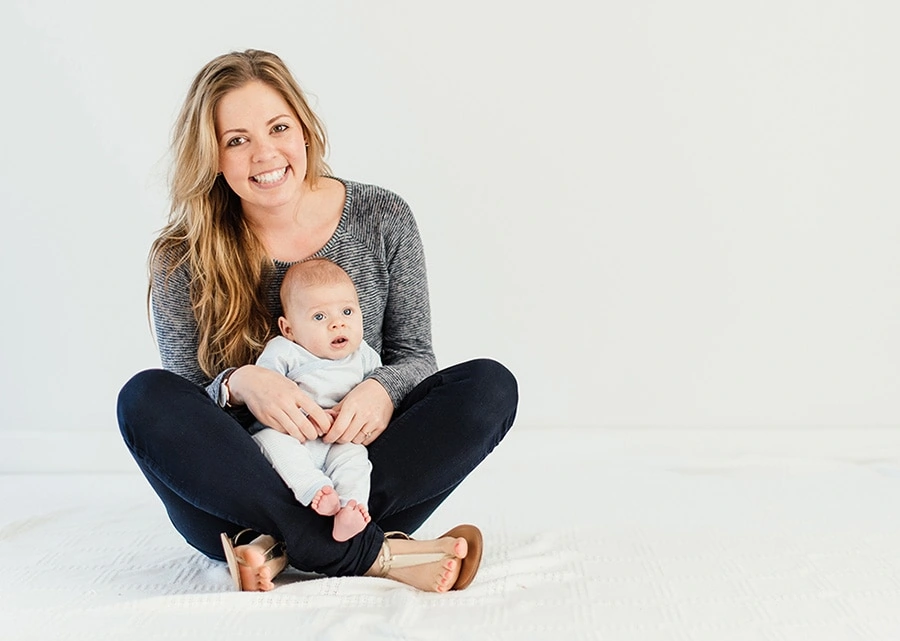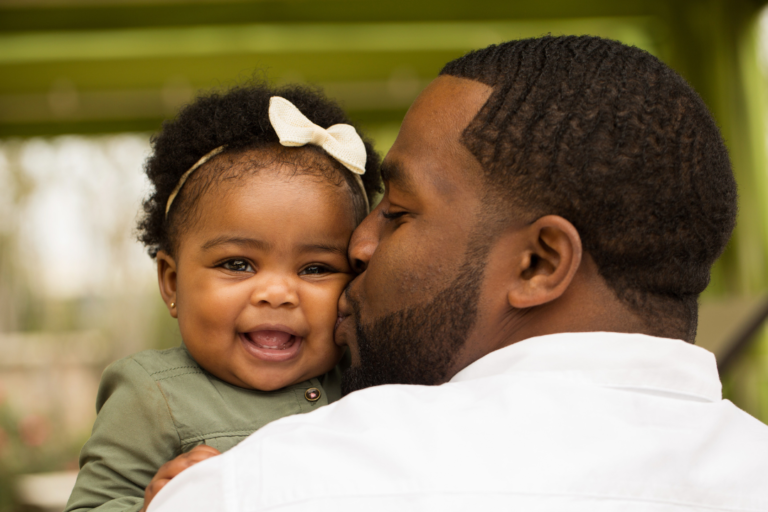Baby bonding and attachment is a precious process where you develop strong emotional ties with your infant. These emotional ties will develop and be enriched throughout the early years. In psychological literature, bonding and attachment are two sides of the same coin. Parents bond with their babies and babies attach to their parents.
Bonding in baby bonding & attachment
Bonding is a deeply primal and physiological thing. When we touch, nuzzle and smell our newborn baby, Oxytocin is released in our brains and we fall in love. Within a moment of birth, most parents would die for their offspring.
Attachment in baby bonding & attachment
Attachment happens over time. Caring, consistent love and positive interactions create patterns of expectations in a baby’s brain. This is often referred to as ‘the reward system‘ in neuroscience.
The first step in attachment happens in the first 6 weeks, when your baby learns that stimuli elicits pleasure or a favourable response. For instance, when mommy massages me, it feels nice or when I smile at daddy, he smiles back. This creates a pattern of expecting good things from the world.
The next step that develops by 7 months is falling in love. From 6 weeks onwards, babies start reciprocal interactions that show that they are connecting with someone who they love. Consistency of care or being present and meeting your baby’s needs, is key to this.
Between 7 and 9 months, your baby will decide that no-one else will do. They realise that they are separate from you and that you are not always there. They will develop stranger or separation anxiety where your baby fears being left without you.
You will notice that in time, their attachment to you becomes less anxious because they learn that they can cope and settle themselves if you are not there for a short period. This ability to self-soothe and regulate their emotions is an important and opens the gateway that allows your baby to connect socially.
The way you play with your baby can facilitate bonding & attachment:
- In the first 6 weeks, you want to make loads of eye contact with your baby. Make time for loving baby massages and positive touch. Be sure to play games that delight your baby and and later, encourage smiling. This two-way interaction is important.
- Get ready for fun and games during the next 6 months because they release wonderful neurotransmitters that form pathways for positive emotional responses.
- Separation games like peek-a-boo help them to learn that separations are normal and prepares your baby to cope with being left in the care of another person.
- Furthermore, explosively fun games require that they contain their emotions and give you signals of when enough is enough. It’s through play that little ones learn to self-regulate.
For more about the developmental process of self-regulation in the toddler years, visit Play Sense. Their exciting, play-based curriculum focuses on giving little one essential soft skills that allow them to learn and succeed. Play Sense has home-based micro-playschools throughout the country. Play Sense teachers are nurturing and committed to learning through play to bring out the best in each individual child.




